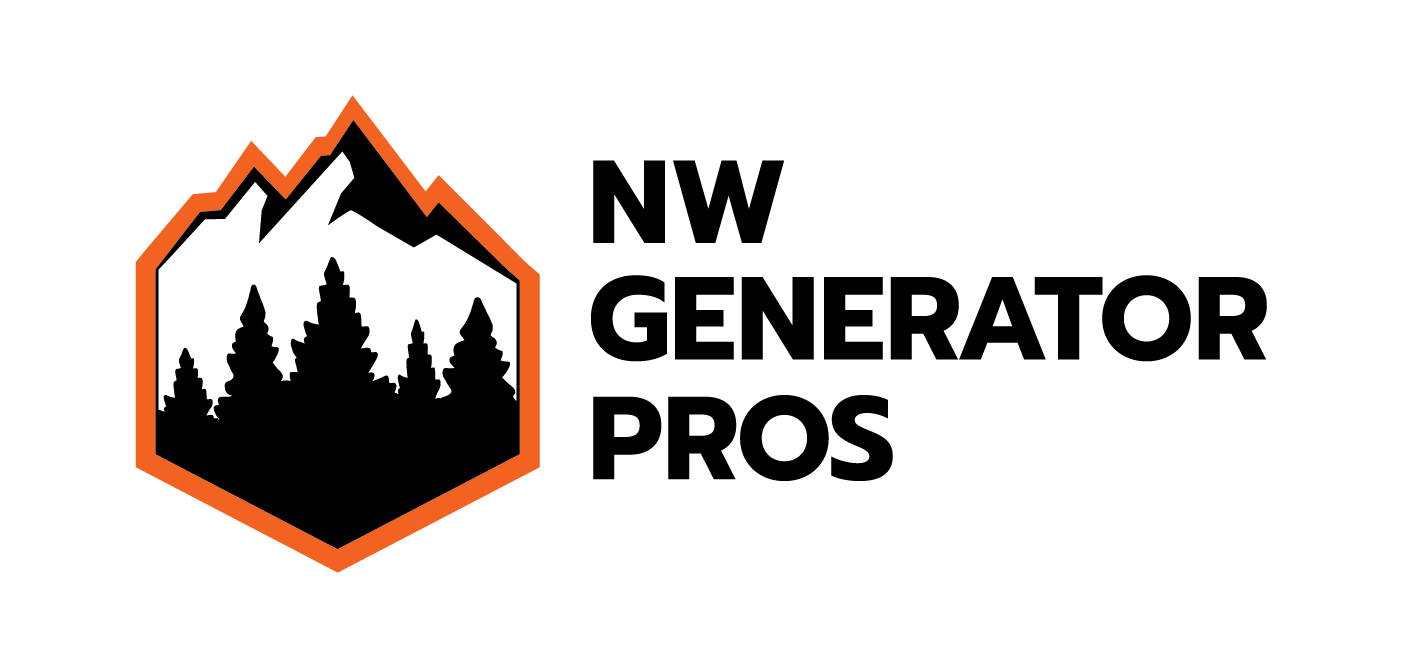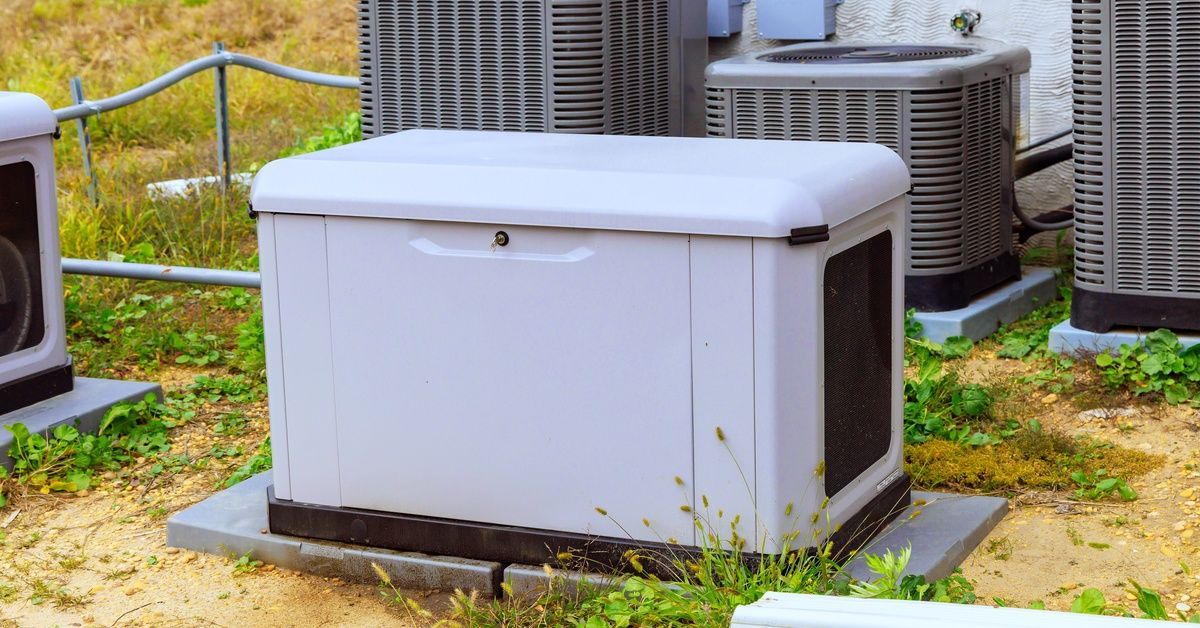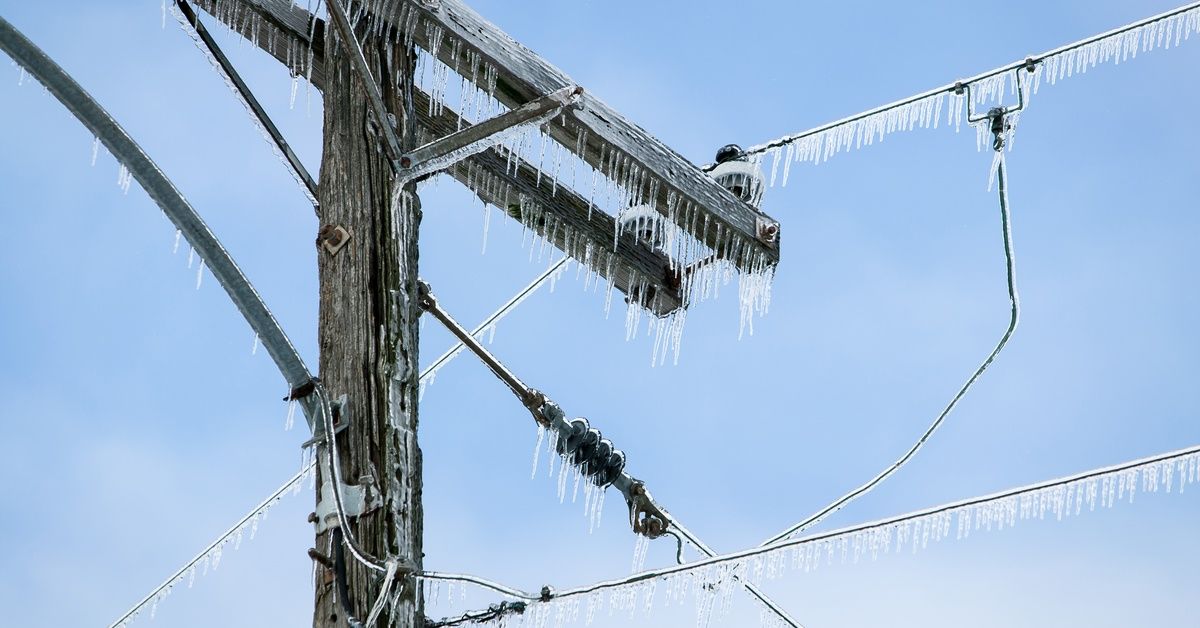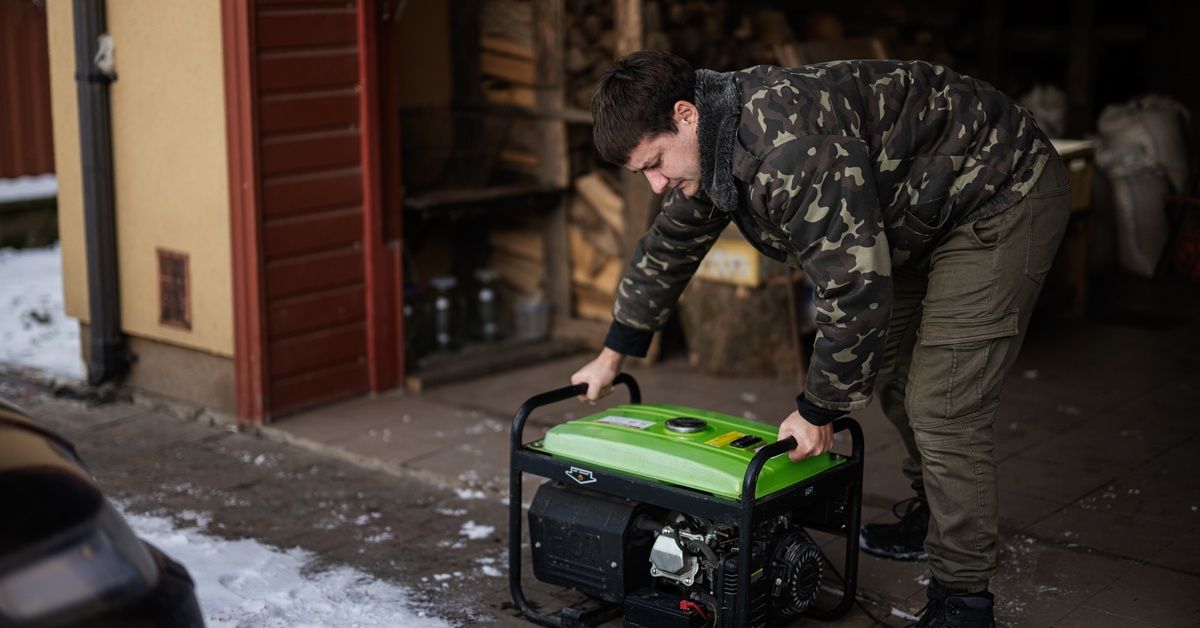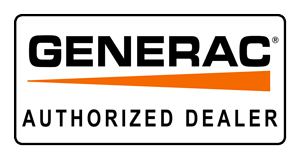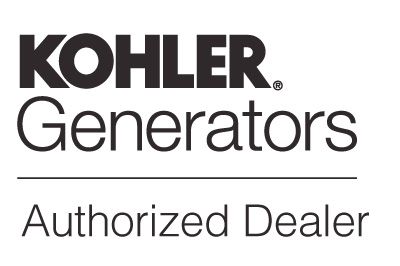Essential Additions You Need for Your Home Generator System
When thunder rumbles or a winter wind howls, do you know your family will be safe and comfortable no matter how long the power stays out? Home generators are more than a luxury; they're a lifeline for those living in regions where power outages are frequent.
You may need to keep your food from spoiling, maintain a temperature-controlled environment for medical supplies, or provide a sense of normalcy. Regardless, the importance of home generator systems has never been higher. But what components are critical for ensuring your home backup power is reliable and ready? Let's discover a few essential additions you need for your home generator system.
Understanding the Necessity of Generators in Homes
Before we plunge into the mechanical details, you must understand why home generators are becoming a household staple. With climate change pushing extreme weather events, many neighborhoods are witnessing an uptick in power disruptions that last for hours and even days.
This isn't just an inconvenience—it's a safety issue. Imagine your home without heating or cooling, with all your perishables at risk and critical electronic devices offline. Such crises underline the value of having a dedicated power source. And with innovations making generators quieter, more efficient, and easier to use and maintain, they're no longer just for emergency power backups in businesses.
The "Must-Haves" of Your Home Generator
Your home generator system is only as good as the sum of its parts. Here are a few additions you need for your home generator system:
- Automatic transfer switch (ATS): This smart switch senses when the grid goes down and immediately transfers power to your generator. It ensures seamless operation without the need for manual adjustments.
- Fuel source: Whether you opt for propane, natural gas, or diesel, you should take availability and your anticipated duration of use into account. For instance, propane can sit in storage indefinitely, making it a more convenient option for those focusing on long-term preparedness.
- Maintenance kit: Regular generator maintenance is nonnegotiable. Kits typically include air filters, oil, and spark plugs, ensuring your unit is always in top working order.
Also, remember to keep safety first. A professional should install a home standby generator. This device must connect to your electrical system, so setting one up isn’t a DIY project.
Sizing Up Your Power Needs
Ensuring your generator is the correct size is a task in itself. An undersized unit will strain and potentially fail, while an oversized model will generate unnecessary costs. Consider what you need to power during an outage. It could be lights, essential appliances, heating and cooling systems, or perhaps even your entire home. A professional can help you select the right capacity and brand, considering the specific demands of your house.
Investing in a home generator system is about more than convenience; it's about securing the necessities of life during power blackouts. Are you ready to take the next step in safeguarding your home against power outages? For reliable advice and installation support, get in touch with NW Generators for generator installation in Portland, Oregon. Preparedness goes a long way in ensuring safety, comfort, and peace of mind for you and your loved ones.
